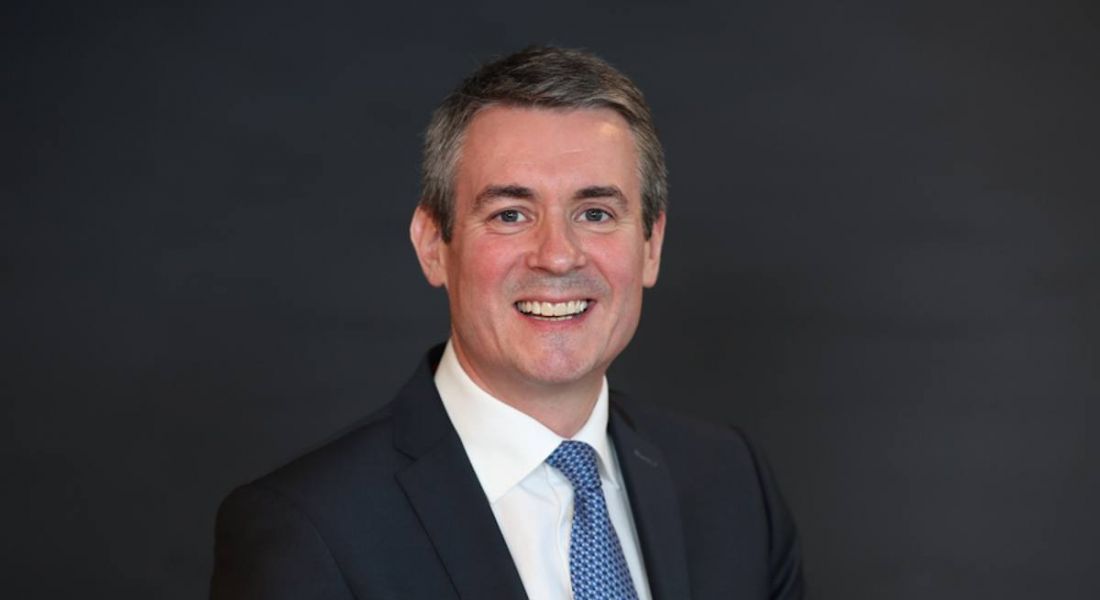In order to keep up with the evolving needs of its clients, EY is looking to hire a diverse range of people from a variety of disciplines. You may be a better fit for the firm than you realise.
The digital age has had an incredible impact on the world’s economy. The extent of this effect remains to be seen as we enter the age of artificial intelligence.
For legacy companies, constantly evolving is the key to survival. EY certainly knows this – having initially started as an accountancy firm in the 19th century, the function of the company has since changed in line with these evolving times.
EY is keen for the would-be applicants out there to understand this. The firm has changed, but there may be some confusion about the kind of people it wants to hire. You may be surprised by how broad the company’s scope truly is.
We sat down with managing partner Frank O’Keeffe to get all the key information about the recruitment process at EY.
Is it me EY is looking for?
Since EY originally began as an accounting firm, it has been known to bring in accountants. These people, O’Keeffe explained, would work in the company’s four traditional businesses: assurance or audit, tax, corporate finance and consultancy.
“But the world is changing,” said O’Keeffe, “and our clients’ needs are changing. We need very different people to come and join us so that we can truly add value to our clients today and our clients in the future.”
So, at its very core, what is EY actually looking for in potential new hires? It’s pretty broad, as the company is eager to bring on people of varying sectors, especially those from tech backgrounds. Anyone who has previously been involved in analytics, IT risk, cybersecurity and IT security is encouraged to apply.
Even if you haven’t necessarily got the experience but are looking to move into those areas, you should consider throwing your hat into the ring. O’Keeffe is confident that EY is the perfect place to kick-start a dynamic tech career.
Sounds great, how do I apply?
Let’s say you’re already sold on the prospect of EY, but you’re still murky on the details of how such a large and well-known company recruits. As O’Keeffe explained, there are myriad ways to interact with EY. You can go with reliable recruiters, of course, but you can also check the EY Ireland careers portal.
You could even go totally analogue and pick up the phone – someone from the firm’s HR group will be at the other end to answer your queries and guide you through the process.
“What’s really important for us then is to connect in with the individual candidates … what strengths those candidates have, what value they can contribute to our teams and to our clients.”
Yet don’t assume EY isn’t thinking about company culture, too – it’s mutually beneficial if the company ensures that everyone who enters the fold is a right fit. It will want to know if you have the right attitude, namely whether you’re a team player who will work hard.
What sets the best candidates apart at EY?
It can be hard to describe what makes one particular candidate shine brighter in the interview stages than their peers. It’s very individual, ultimately, but O’Keeffe proposes a few ideas of what it is that really grabs EY’s attention.
“If you’re an experienced hire, the source of experience that you’ve had and the learnings that you’ve taken from those experiences [will set you apart].
“For our graduates, what’s really important is to be able to show to us what skillsets you are really hungry to develop, what experience you’ve had in your life but, most importantly, what value you can add to our firm.”
For more on how EY recruits the best and brightest candidates, check out our interview with O’Keeffe above.




